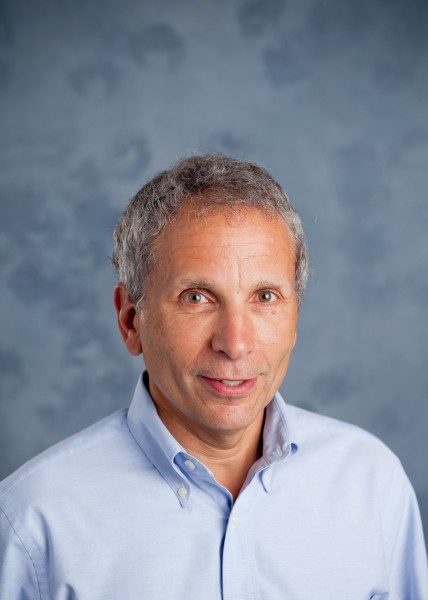
09 Dec To Your Health: Why Pass on Diet Soda!
Dr. Alan Safdi, a world-renowned internist and gastroenterologist with encyclopedic knowledge of mind-body wellness and preventative medicine, posts on Telluride Inside… and Out under the banner of “To Your Health.” His blogs feature the most current information in his field: health, wellness, and longevity.
This winter, Dr. Alan returns with his popular Live Longer Retreat wellness intensives, which repeat over the summer. For further information, email telluridecme@gmail.com. go to his Telluride Longevity Institute website or sign up by calling 1-877-448-5416.
This week, Dr. Alan talks diet sodas and why you should pass.

Diet soda is a beverage that mimics the taste of traditional soda, but contains less or no sugar. Instead diet sodas use artificial sweeteners, such as saccharin or aspartame, to achieve the same sweet taste.
Soda manufacturers claim diet soda is healthier than regular soda, making it an ideal choice for people trying to lose weight. Consequently, it is a common practice for people choose diet over regular soda so that they can enjoy a sweet, bubbly drink without consuming hundreds of calories or getting a hefty dose of sugar.
However, concerns about artificial sweeteners have been around since the 1970s, when studies found that large quantities of saccharin caused cancer in lab rats. And now a growing body evidence suggests that diet soda consumption correlates with an increased risk of a wide range of medical conditions, notably:
- heart conditions, such as heart attack and high blood pressure
- metabolic issues, including diabetes and obesity
- brain conditions, such as dementia and stroke
- liver problems, which include nonalcoholic fatty liver disease
A JAMA study prompted major spillage of ink, including a piece in The New York Times published in September. The story asked: “Does guzzling diet soda lead to an early demise?”
The article went on to say:
“There was a collective gasp among Coke Zero and Diet Pepsi drinkers this week after media reports highlighted a new study that found prodigious consumers of artificially sweetened drinks were 26 percent more likely to die prematurely than those who rarely drank sugar-free beverages.
The study, published in the journal JAMA Internal Medicine, followed 450,000 Europeans over 16 years and tracked mortality among soft-drink consumers of all persuasions — both those with a fondness for sugary beverages and those who favored sugar-free drinks.
Given the well-documented health effects of consuming too much sugar, it was little surprise the authors found that people who drank two or more glasses of sugar-sweetened beverages a day were eight percent more likely to die young compared to those who consumed less than one glass a month.
But what grabbed headlines, and prompted widespread angst, was the suggestion that drinking Diet Coke could be even more deadly than drinking Coca-Cola Classic…”
Turns out the study was not a one-off. Over the past year, other research in the United States has found a correlation between artificially sweetened beverages and premature death. However, some experts say the negatives that sour the deal of sweet drinks is not due to the drinks – at least not the drinks alone– but rather to lifestyle choices among those who consume diet sodas like a lack of exercise and/or too much bacon.
Below nis what Dr. Alan Safdi has to say on the subject of diet sodas.
Alan Safdi, more:

Dr. Alan Safdi is board-certified in Internal Medicine and in Gastroenterology and is a Fellow of the American College of Gastroenterology. A proven leader in the healthcare arena, he has been featured on the national program, “Medical Crossfire” and authored or co-authored numerous medical articles and abstracts. Safdi has been involved in grant-based and clinical research for 30+ years and is passionate about disease prevention and wellness, not just fixing what has gone wrong. He is an international lecturer on the subjects of wellness, nutrition and gastroenterology.
And back by popular demand, this summer, in partnership with the Peaks’ Spa, Dr. Safdi returns with his three, week-long wellness intensives titled Live Longer Retreat.
Again, using an evidence-based, scientific approach to health and longevity and featuring an experienced staff of medical professionals, personal trainers, Pilates and yoga instructors, dietitians, and chefs, the focus is on your unique wellness profile. Each Live Longer Retreat is one-of-kind in the U.S. Those intensives, limited to only 10 – 15 participants, will include personal consultations, hiking, spinning, yoga, Pilates, talks and demonstrations related to nutrition, cooking classes, and more.
Go here to read a review of the experience by one very satisfied participant.


Sorry, the comment form is closed at this time.